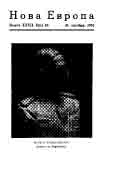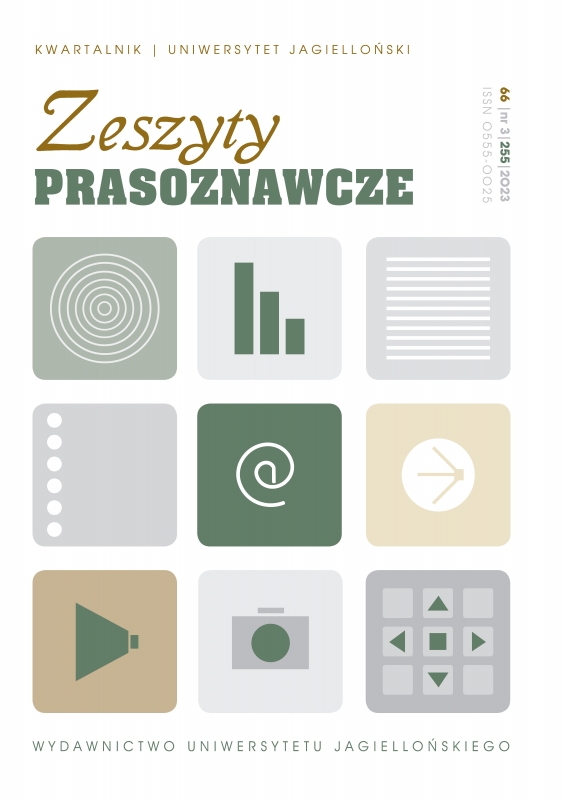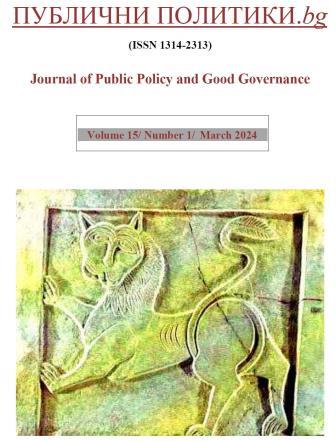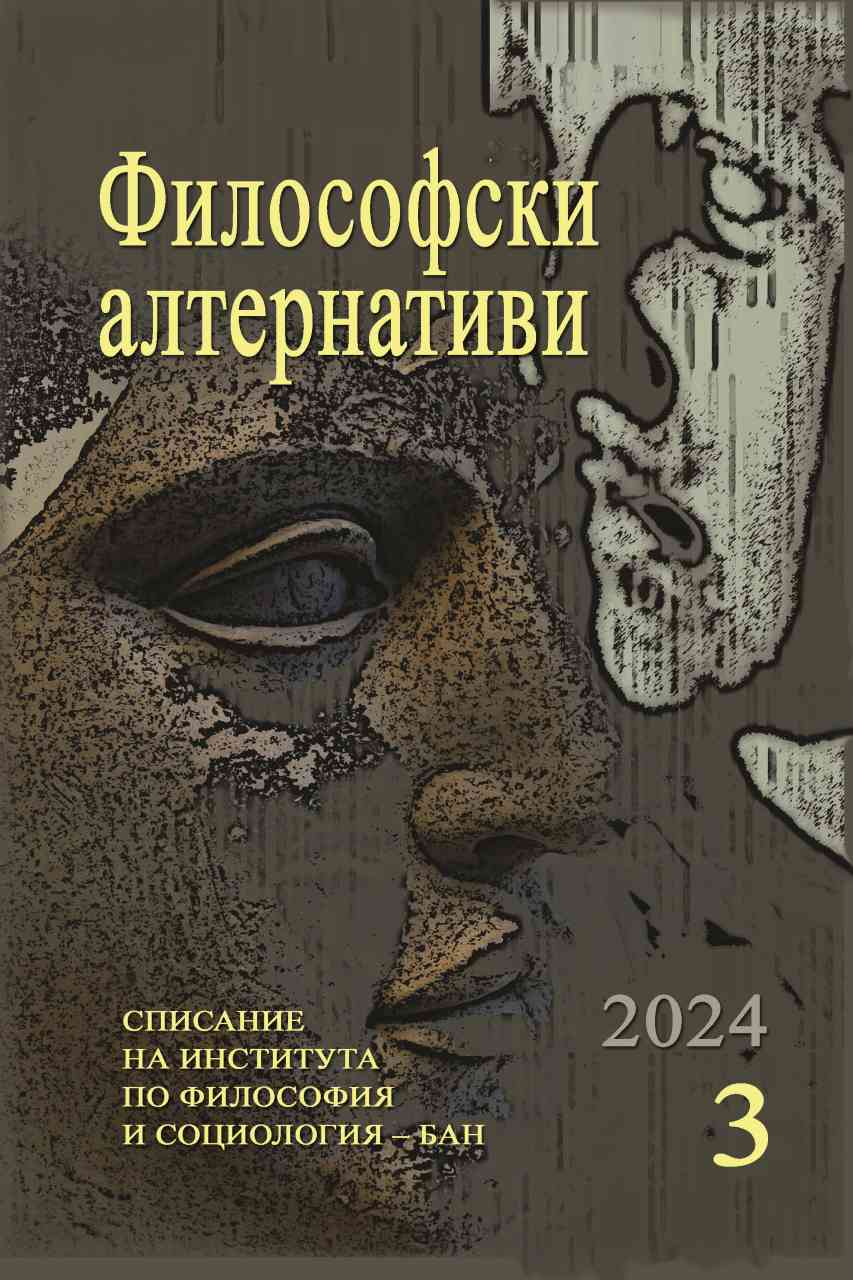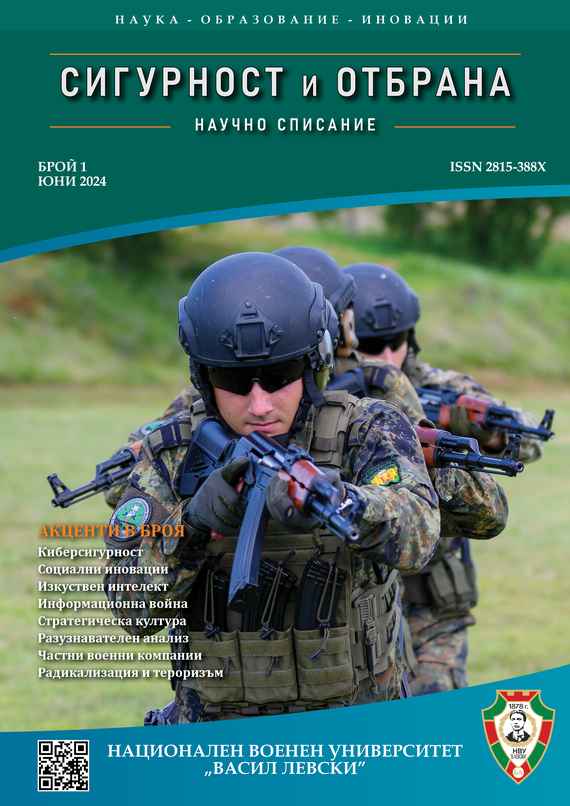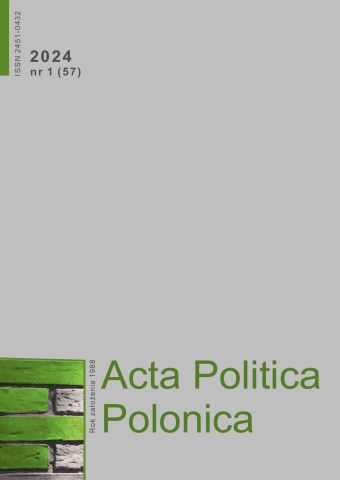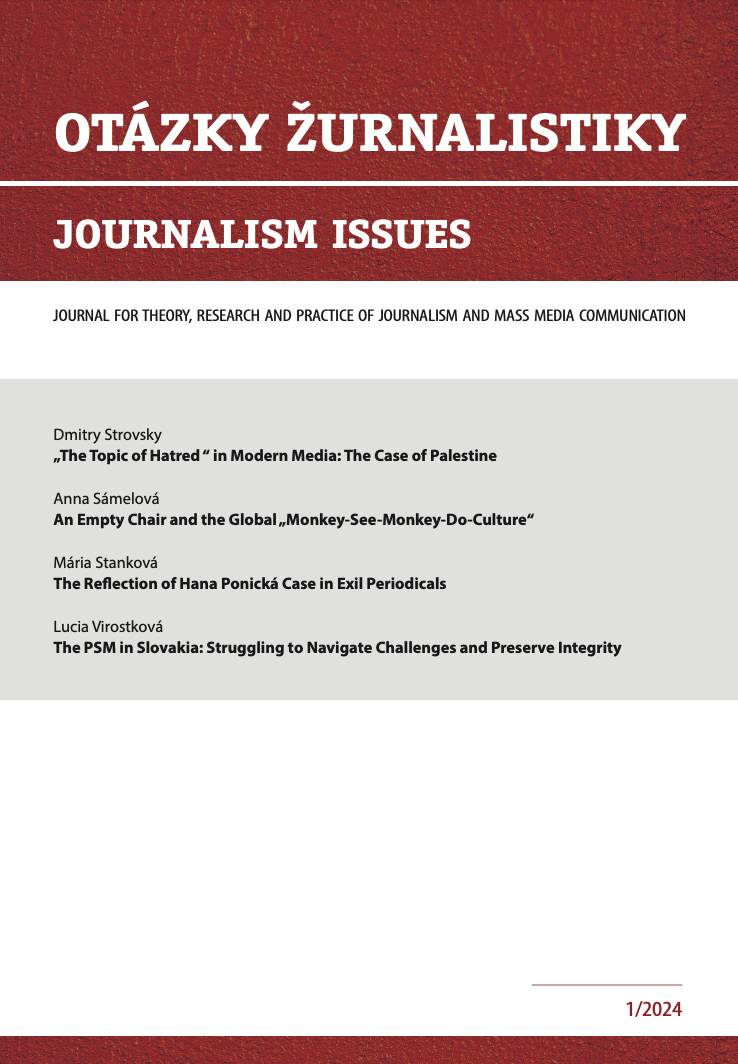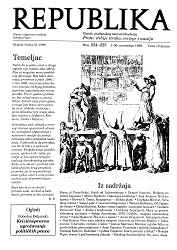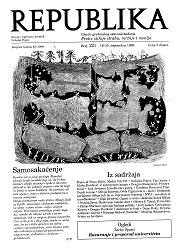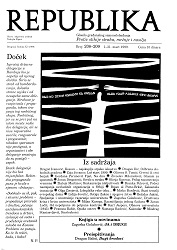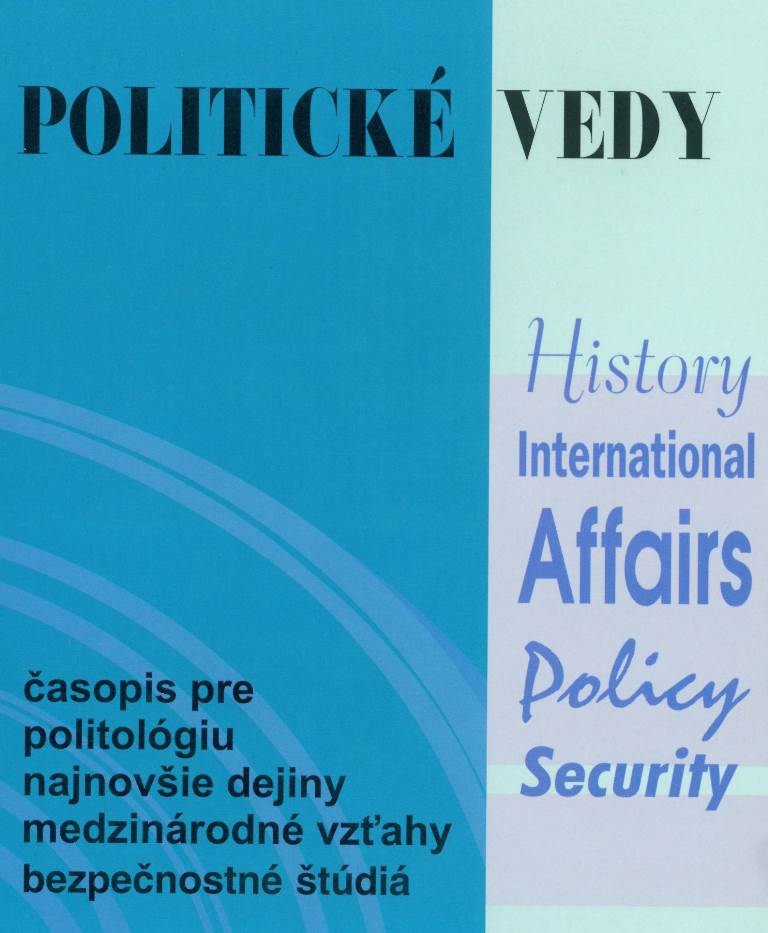Author(s): Remi Kasali Alatise,Tajudeen Yusuf Adeyinka,Musediq Olufemi Lawal,Kehinde Monsurat Raji / Language(s): English
Issue: 57/2024
Divorce is generally loathsome among the Yoruba people as it is morally reprehensible and socially stigmatized. Most women divorcees are derisively called ‘dalemosu’, a term that represents failures in nuptial affairs and lack of capacity to manage marital crisis. To obliterate or counteract the social disapproval and stigmatization attached to divorce, many victims attempt to enter into another conjugal relationship, while others may never care about the disdain with the warped notion that marriage presents lots of injustices, especially for women. They instead prefer finding solace in single parenthood. Notions that “all men are the same” and “marriage is for the lucky ones” were identified as strong factors that made a number of divorcee participants to lose confidence in institution of marriage institution. Leaning on the tripods of Socialist feminist, Psychoanalytic, and Social learning theories, this exploratory study inquired the shared understanding about the causes and social consequences of divorce on the female victims, the children, and the community. Qualitative data were gathered from women divorcees, community leaders, landlords, and landladies across Akinyele communities using referrals and snowballing techniques. Data collected were content-analyzed. Findings show that divorce is socially disapproved and highly discouraged among residents of the study area. Issues touching on finances, incompatibility, unfaithfulness, infertility, domestic violence, and lack of attention as common reasons for divorce. Thus, family members tend to treat female divorcees with contempt and, oftentimes, deprive them of certain social privileges. Having established that divorce produces damaging effects on society, the study recommends, among other things, the need for prospective spouses to seek the services of marriage counsellors. Mutual trust, tolerance, showing affection, as well as spending quality time with spouses in marriages, were also suggested as essential ingredients for matrimonial success.
More...
